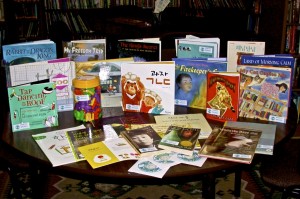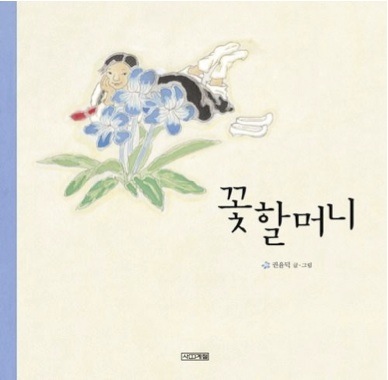Kathy G. Short, University of Arizona
Several years ago, Amy Edwards and I worked with her fifth graders in literature circles around a set of novels set in China. Her students had been reading and discussing global literature for several years, and so she didn’t hesitate in beginning the school year with these novels as a way to build off interest in the Beijing Olympics. The problem was that the novels were historical fiction, many set during the time of the Cultural Revolution, and it quickly became apparent that the students were struggling because they did not have enough knowledge about that time period. More worrisome, because the novels were historical, students were forming misconceptions about modern China as a repressive country set back in time.
Continue reading





